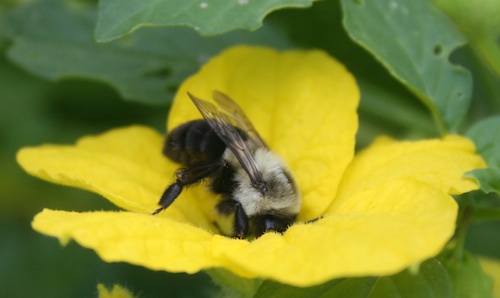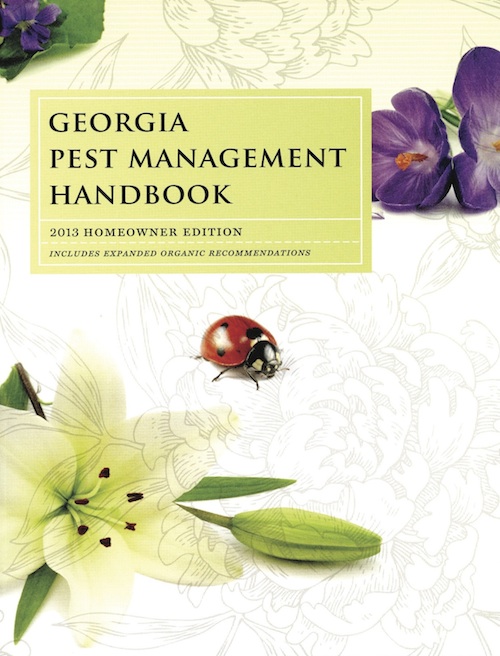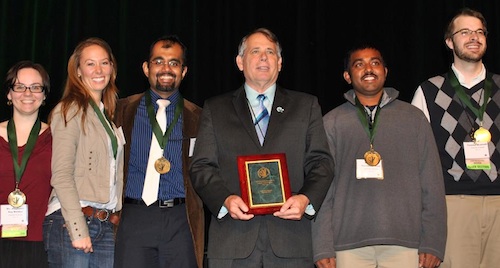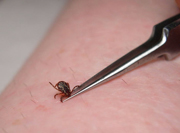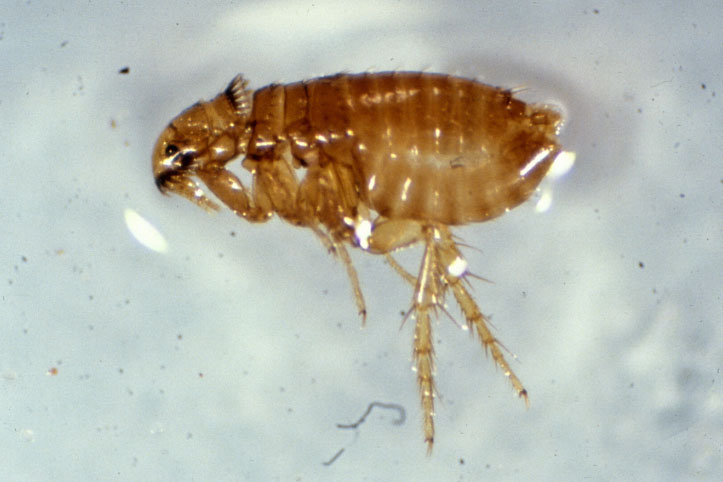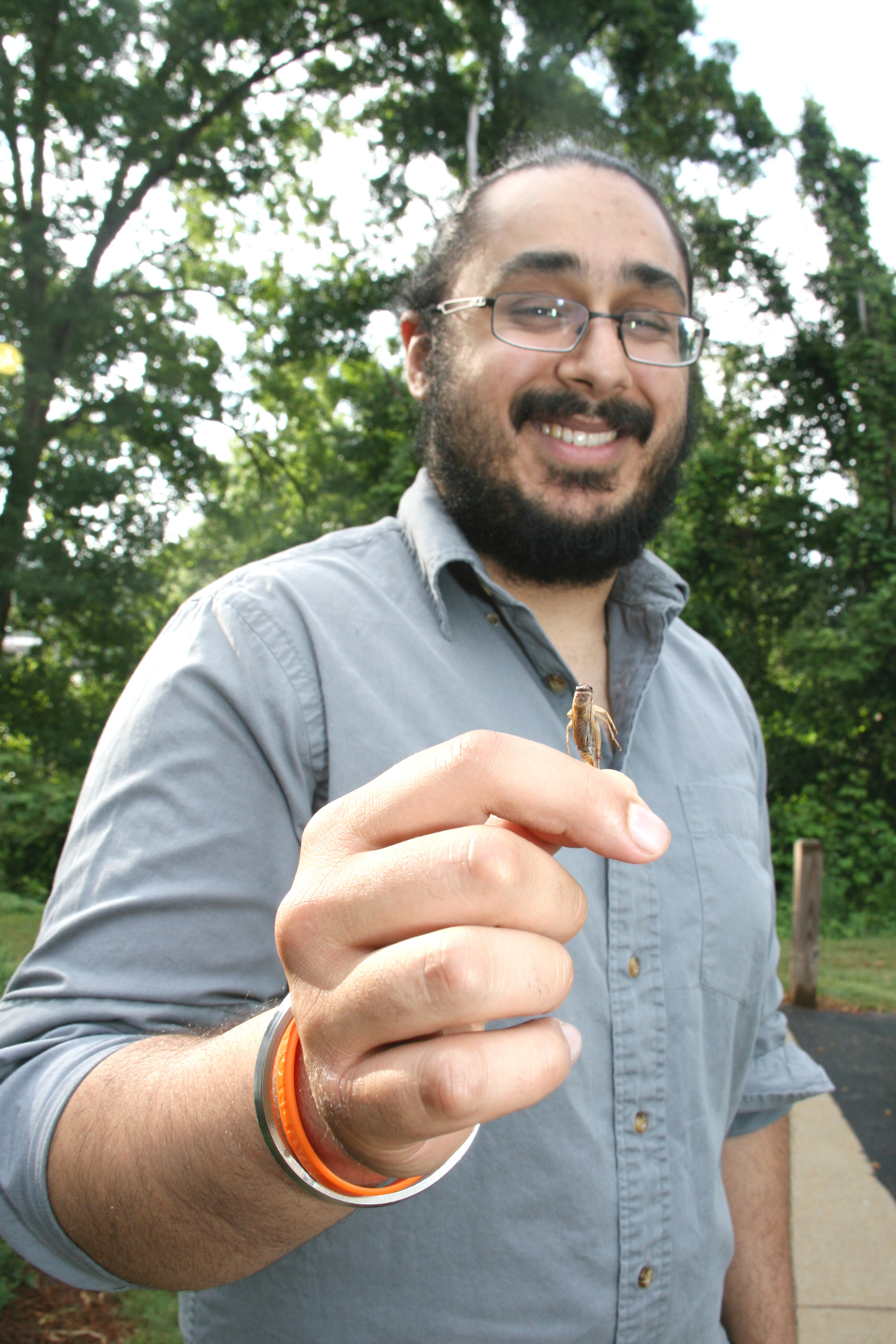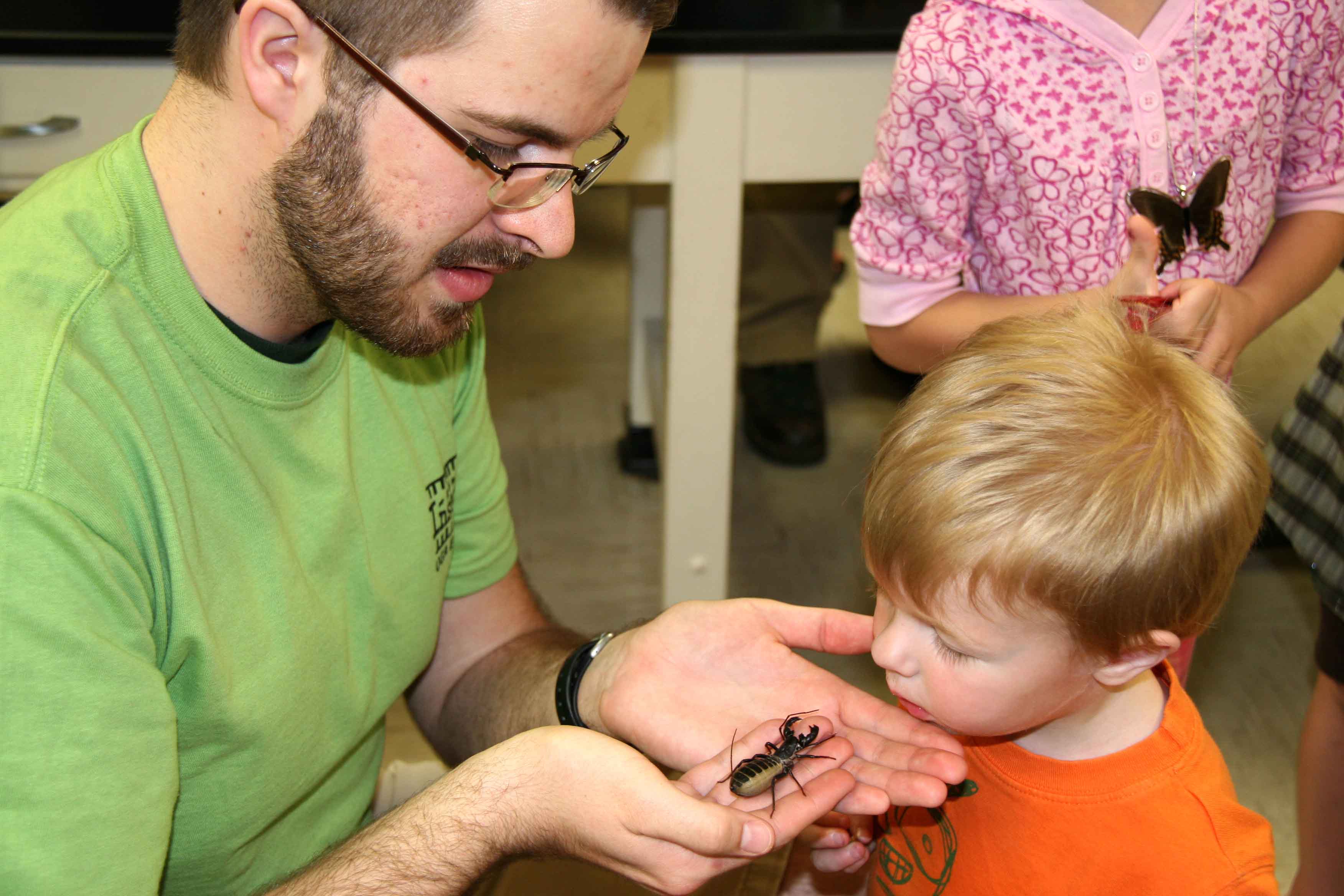 CAES News
CAES News
UGA Insect Zoo
The University of Georgia Bug Dawgs of the UGA Entomology Department are hosting the 28th Annual Insect Zoo Open House on Friday, April 5 from 10 a.m. to 3 p.m. on the campus in Athens. The event is open to the public and will be held on D.W. Brooks Drive in front of the UGA Miller Plant Science building.

